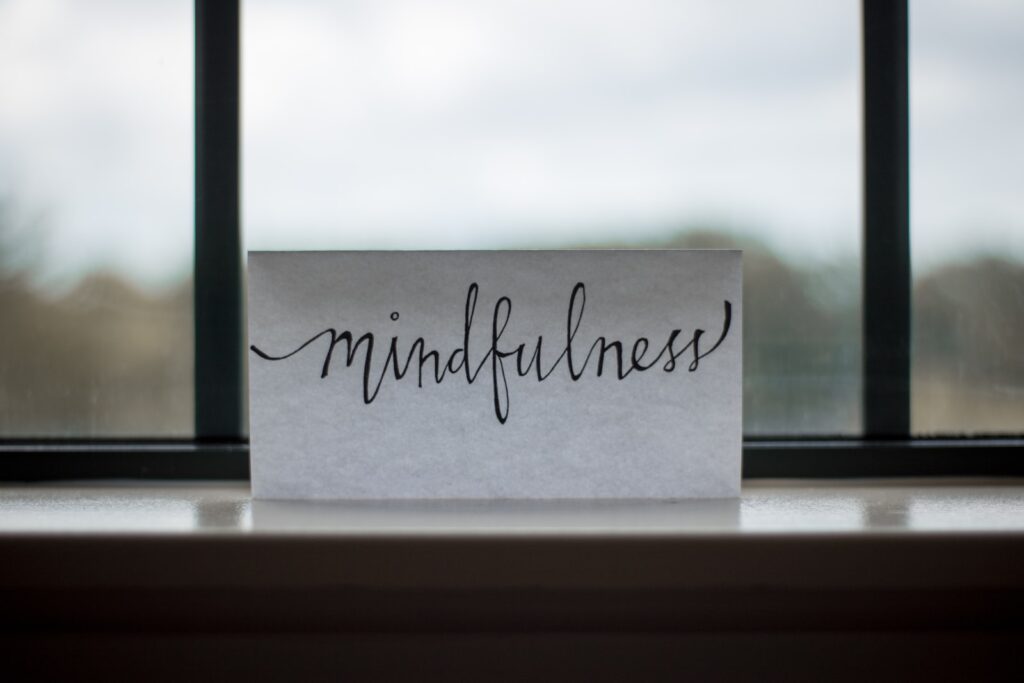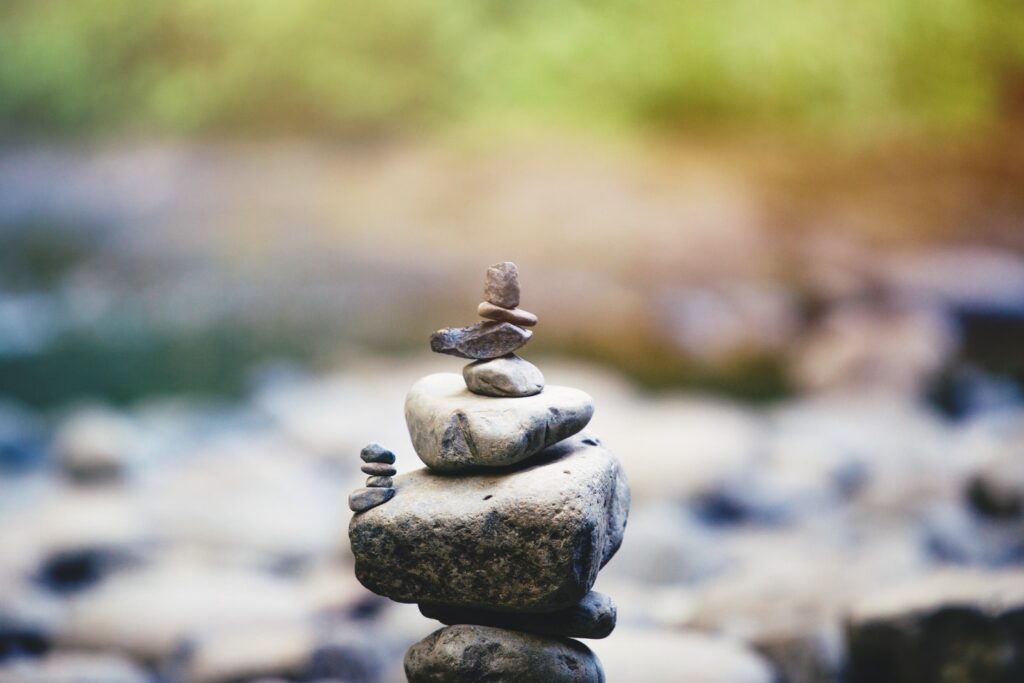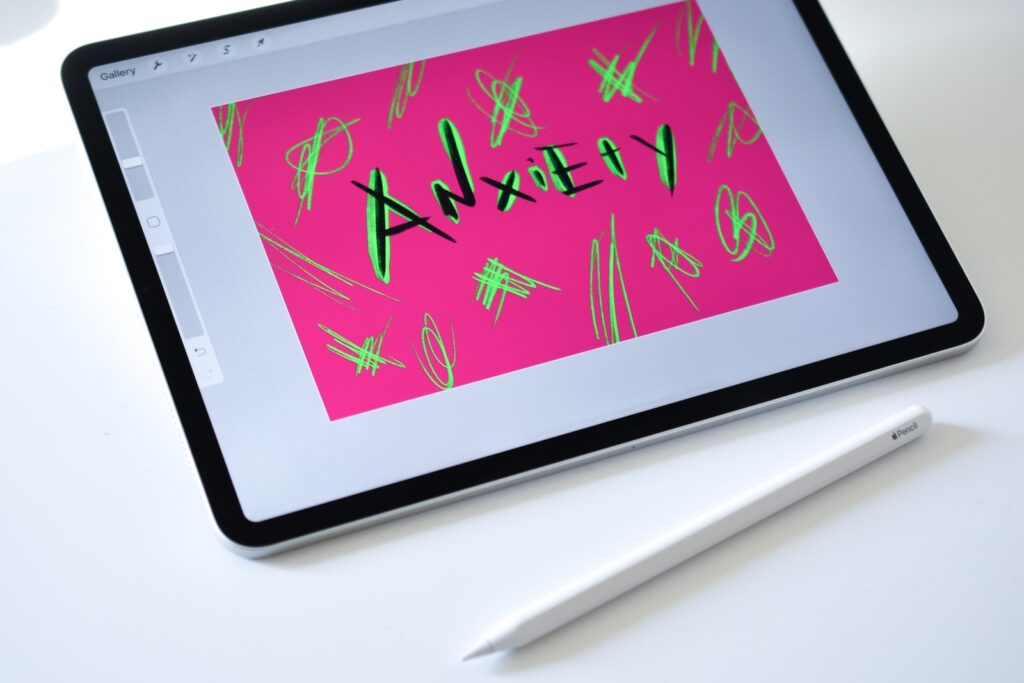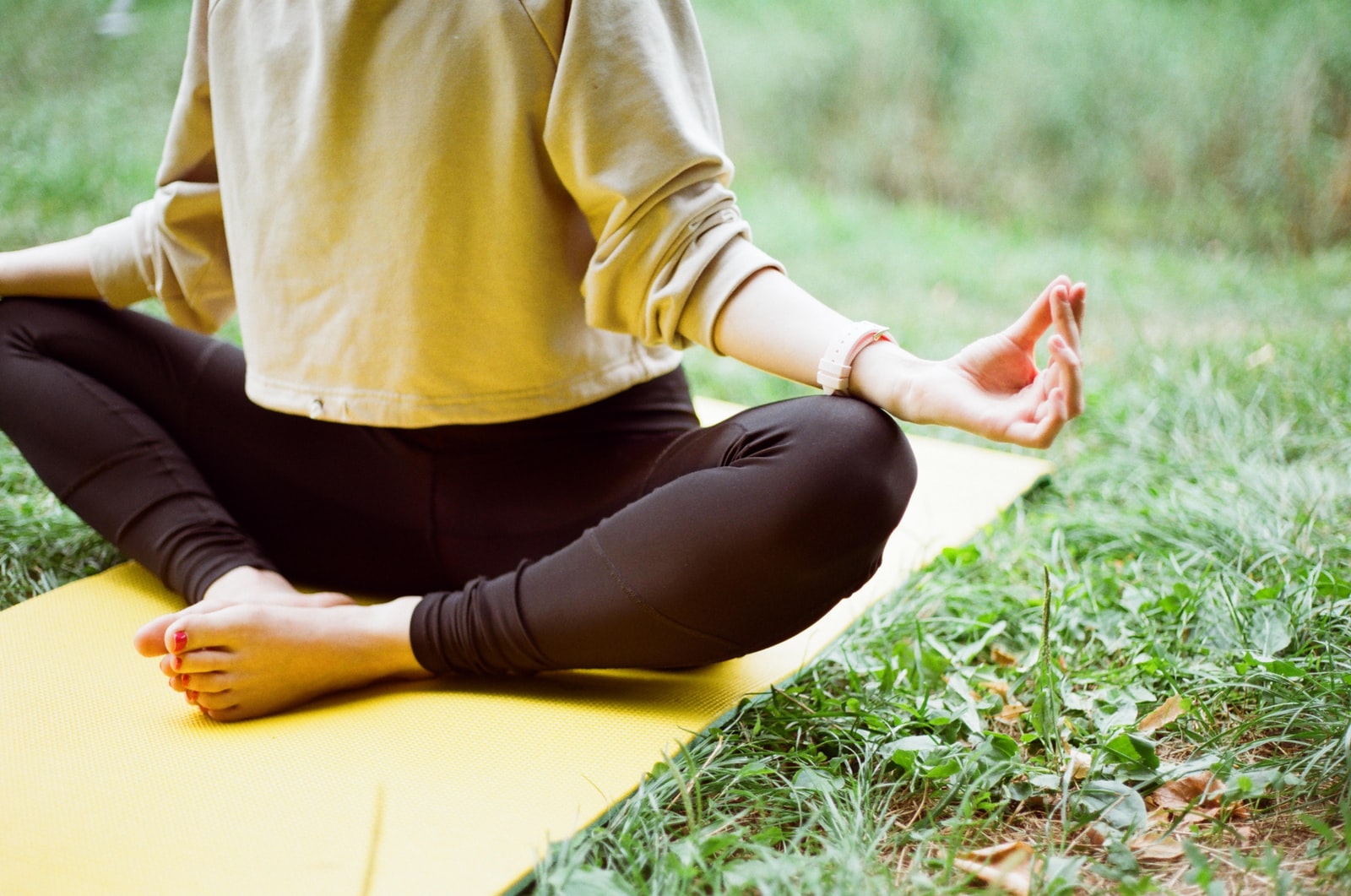Learn the Importance of Yoga During the Pandemic
COVID-19 has had a negative impact on people with physical, mental, and emotional issues. The pandemic left many of us with depression or anxiety to the point where we cannot function normally in everyday life without help from medical professionals. In this article, learn what is the importance of Yoga during the pandemic and how it can help you reduce stress.
Learning how to reduce stress and become the best version of yourself is a necessity in this new way of living. Have you ever felt like you are going about your day, but you seem to make little decisions that make you happy? This is why Yoga promotes both your physical and mental health by helping you deal more effectively when faced with complex challenges such as those present during COVID – 19. Yoga is one way to help people deal with stress.
Let’s not forget, that the practice has been shown time after again as an effective remedy for anxiety disorders by augmenting calmness. For example, learn about its calming effect on the body’s respiratory system – which includes deep breathing exercises alongside regular stretching routines.

Why Yoga?
Many of us may even have practiced Yoga for years, yet when someone asks about the definition of what Yoga is, it becomes hard to give an easy answer. It’s more a feeling than an exercise program. Let’s analyze and help you see the difference between pilates and yoga.
Yoga is a practice that has been practiced for centuries in India, emerging as one of the six systems of Indian philosophy. Yoga later became popular as different populations worldwide became increasingly stressed and anxious about their life’s challenges – from work deadlines, family issues, or health concerns like anxiety. In a time of need, they tried Yoga as a solution. Further than building healthy habits and increasing muscles, Yoga is a way to become present with yourself through movement and breathing patterns.
Yoga helps you stay calm during these stressful times by providing physical postures to release tension and adding control breathing techniques to help you decrease high blood pressure levels. When done regularly enough, it can help you build mental clarity that will help keep your mind strong against any stressors.
As we all know, added stress has negatively impacted our mental health. Therefore, here in this article, you will learn the basics of Yoga, details about mental health benefits, and how to start practicing yoga every day for a better state of mind. Especially learning the importance of Yoga during the pandemic and how it can help you reduce stress and anxiety.

The 8 Limbs of Yoga
The 8 limbs of yoga were written by Patanjali around 500 B.C. The purpose was to create a path of life that would help connect mind, body and spirit.
1) Yama, universal moral commands
2) Niyama, self-purification by discipline
3 ) Asana, postures
4) Pranayama, the rhythmic act of controlled breathing
5) Pratyahara, withdrawal of sense
6) Dharana, concentration
7) Dhyan, mediation
8) Samadhi, self-immolation
To learn how to include the yogic path in your daily life, read my other article below. If you have been on your journey of personal growth, you might notice that it starts with awareness. These principles below are also the same. By simply being aware of your behaviours towards yourself and others, you can start to be a better person.
Why Should We Perform Yoga?
Yoga can help us stay physically strong and mentally balanced
With breathing exercises, you can start to quiet your mind. By adding meditation techniques to your life, you can make a difference in your physical aspect. Also include mental benefits such, as decreasing stress levels and even helping with pain management.
Performing deep yoga breathing pattern relaxes the mind and body
Breathing deeply is the fastest way to stimulate the parasympathetic nervous system, a.k.a, the relaxation response.
Did you know your brain doesn’t know the difference in how stress occurs. Being chased by an animal and being stressed out from being stuck in traffic, it is processed the same.
Stress is at the core of most diseases
Most of us live stressful, busy lives, which are commonly accompanied by shallow breathing. When we avoid deep breathing, the body does not receive as much oxygen as it needs and it makes our muscles tighten. The lack of oxygen increases your stress response in the long term.
The sympathetic nervous system is triggered when we feel stress
Anxiety sends out spikes of cortisol and adrenaline in your body. It is the parasympathetic nervous system which counteracts this and breathing is the fastest way to reduce stress and allow your mind to calm down.
With deeper breathing you can turn the switch from high alert
Remember, if you ever feel anxious to breathe deeply. Pay attention and you can feel the peace coming in and the tension being released as you simply breathe in and out. Your muscles start to release, which will help you learn to see more clearly your emotional state and what is affecting you.

Ways to Use Yoga for Calm Energy
There are many forms of Yoga out there with different focuses: some focus more on breathing exercises while others teach how to meditate better through deep relaxation techniques. Whatever type you choose should work best for your situation. Remember they’re all designed, so people who practice them regularly have an easier time than those who don’t practice Yoga.
To learn more about which classes you should attend and their benefits, find all the information you need in my article below.
Below are listed various роѕѕiblе general approaches to using Yоgа in your daily life:
Yoga for Fitness
The main focus is placed on the practice of asanas (postures) and the perfection of alignment. Most will see this as flexibility and with time learn the therapeutic effects of each posture. When choosing the right type of class, you can start to address specific health conditions.
In other styles of Yoga, the emphasis is on a powerful, dynamic practice that acts more as a prevention than a cure. Which constantly stimulates the energetic system and provides a way to attain a state of permanent physical balance and health. Which is a little more like pilates in a way.
Yoga as Meditation
Other forms of Yoga are used mainly for their meditation technique. The focus is on calming and stabilizing the mind, through the use of posture, breath control and mental concentration techniques. This interpretation usually does not give so much importance to alignment in the posture or the physical benefits of Yoga. Instead, the body is used as a tool to access one’s mind and gain more control over it.
Did you know that by simply including deep breathing into your daily life you can increase the muscles in your chest, stomach and pelvic floor?
Yoga as Union
Some practitioners understand the relationship between one’s own internal world and the Universe. Nature, or God, this interpretation is very focused on Bhakti (devotional) practices. In these practices, mantras (chanting) and rituals can be included. The positive consequences on health, as well as the mental concentration that can be attained through the practice of Yoga, are seen as secondary.
Yoga as Union
Yoga is viewed as a system whose objective is the physical, mental and spiritual evolution of the human being. Thus, you can take help from a yoga teacher to understand an in-depth and authentic yoga lifestyle. For example, the yogi’s life rules, yogi’s diet and daily rituals for enhanced mindfulness, and detachment from materialistic society.

Importance of Yoga During the Pandemic
When you’re stressed to the max, reaching out to your yoga mat might not be your first action. But for some, it could be a smart way to decompress. The added stress to your daily life can contribute to headaches, anxiety and depression. Taking steps to reduce stress may help some people avoid mental health crises. Below are a few important reasons for you to try Yoga so you can be ready for future events.
Yoga deepen your breathing
There’s a reason people say: “take a deep breath.” Deep breathing slows down your nervous system, which acts a lot like a gas pedal for your body. Yoga uses slow and most importantly, deep belly breaths to lower your body’s levels of the stress hormone, cortisol, as well as supply your brain with more of the oxygen it needs to work at its best.
The results: You are calmer and better able to solve problems causing you to overthink and stress.
Yoga teaches you mindfulness
When people are stressed, it could be because they are dwelling on the past or worrying about the future. Yoga, however, encourages people to pay attention to their feelings in the present moment. A skill often called “mindfulness” Practicing mindfulness techniques within your yoga practice and then implementing them throughout your day can help combat stress over the long term.
The results: Learning to live in the present can help you be aware of the added stress and help acknowledge your feelings and emotions.
Yoga will help you sleep better
Stress and sleep, or lack thereof, is a vicious cycle. Stress can throw off your sleep, which makes you even more stressed. As mentioned above, by adding more mindful breathing patterns to your day, your stress can be reduced and help you sleep better.
The results: Reducing the amount of stress in your life can help you have better sleep.
Yoga gets you moving
Exercise is becoming increasingly popular among the medical community as a treatment for symptoms like stress and anxiety. However, high-intensity exercise can temporarily increase your cortisol levels, which may put your body and your mind under additional stress. Gentle forms of Yoga use non-impact moves to help get the stress-relieving benefits of physical exercise without triggering the release of stress-related hormones.
The results: Adding slow deliberate movement to your life can help you reconnect with your body and mind and allow you to reduce stress.

Health Benefits of Yoga for the Mind, Body and Spirit
Inner Peace
We love to visit quiet, tranquil spots. Little do we understand that peace can be discovered right inside us and we can take a smaller than usual getaway to experience this at whatever time of the day. Advantage from a little occasion each day with Yoga and reflection. Yoga is likewise one of the most ideal approaches to quiet an exasperated mind.
Stress reductions
Practicing Yoga, even for a small amount of time each day can be an incredible approach to reducing stress. Both for body and mind. Yoga stances, pranayama and meditation are one of the best ways to reduce stress
All-round wellness
You become more solid when you are physically fit as well as rational and more adjusted.
“Wellbeing is not insignificant nonattendance of malady. It is a dynamic articulation of life, as far as how happy, adoring and eager you are.”
Sri Ravi Shankar
This is the place yoga helps: stances, pranayama and contemplation are a comprehensive wellness bundle.
Weight Loss
Yoga is beneficial. Sun Salutation and Kapal Bhati pranayama are some ways to help reduce weight with Yoga. Moreover, with regular practice of yoga, we tend to become more sensitive to the kind of food our body asks for and when. This also helps keep in check on your weight.
Improved Insusceptibility
Our body framework is a consistent mix of the body, psyche and soul. An anomaly in the body influences the psyche and a comparably offensiveness or fretfulness in the brain can be shown as a disease in the body. Yoga postures knead organs and strengthen muscles; breathing procedures and meditation discharge push and enhance insusceptibility.
Better Connection
Yoga can even enhance your association with your life partner, guardians, companions or friends and family. A psyche that is casual, upbeat and mollified is better prepared to manage delicate relationships. Yoga and meditation chip away at keeping the brain cheerful and serene; an advantage from the reinforced, exceptional bond you impart to individuals near you.
In conclusion
Yoga combines several techniques to reduce stress. It provides a combination of benefits such as breathing exercises, stretching and fitness programs, and even meditation practice and guided meditation. Even for people who have physical limitations, yoga can be beneficial just by practicing breathing techniques. Just by doing this you can have great benefits and increase your self-awareness of the world around you and your inner connection.






